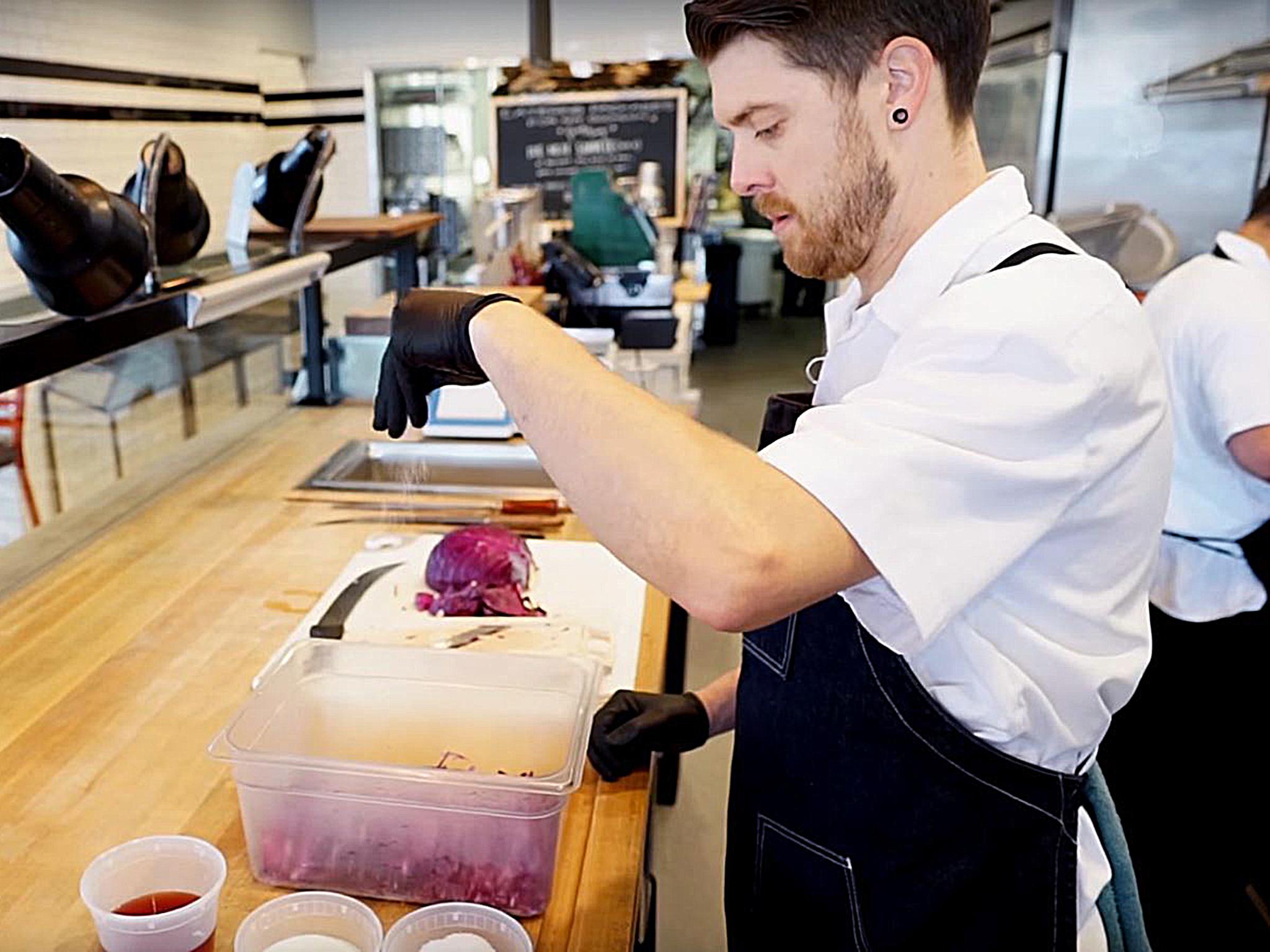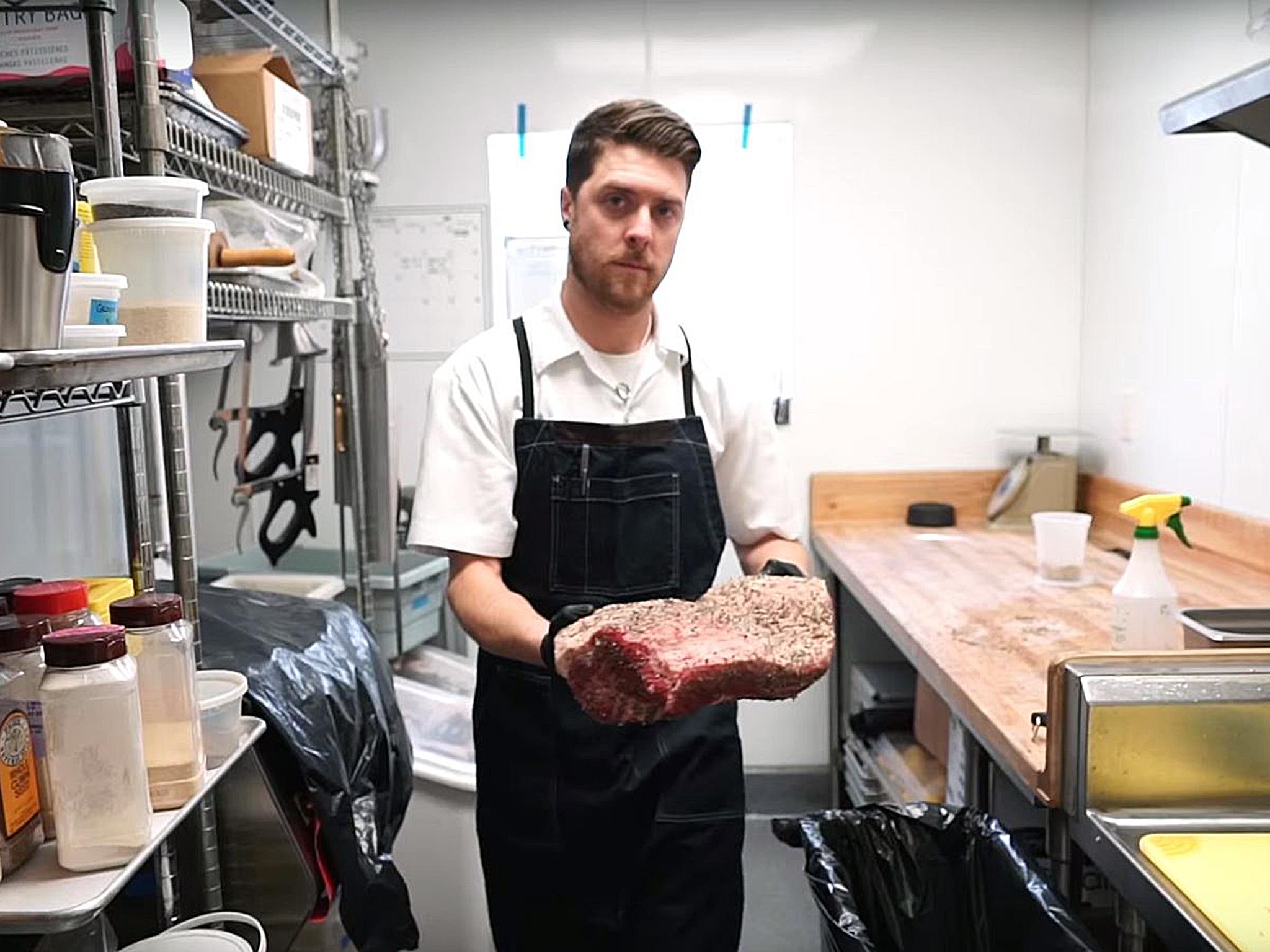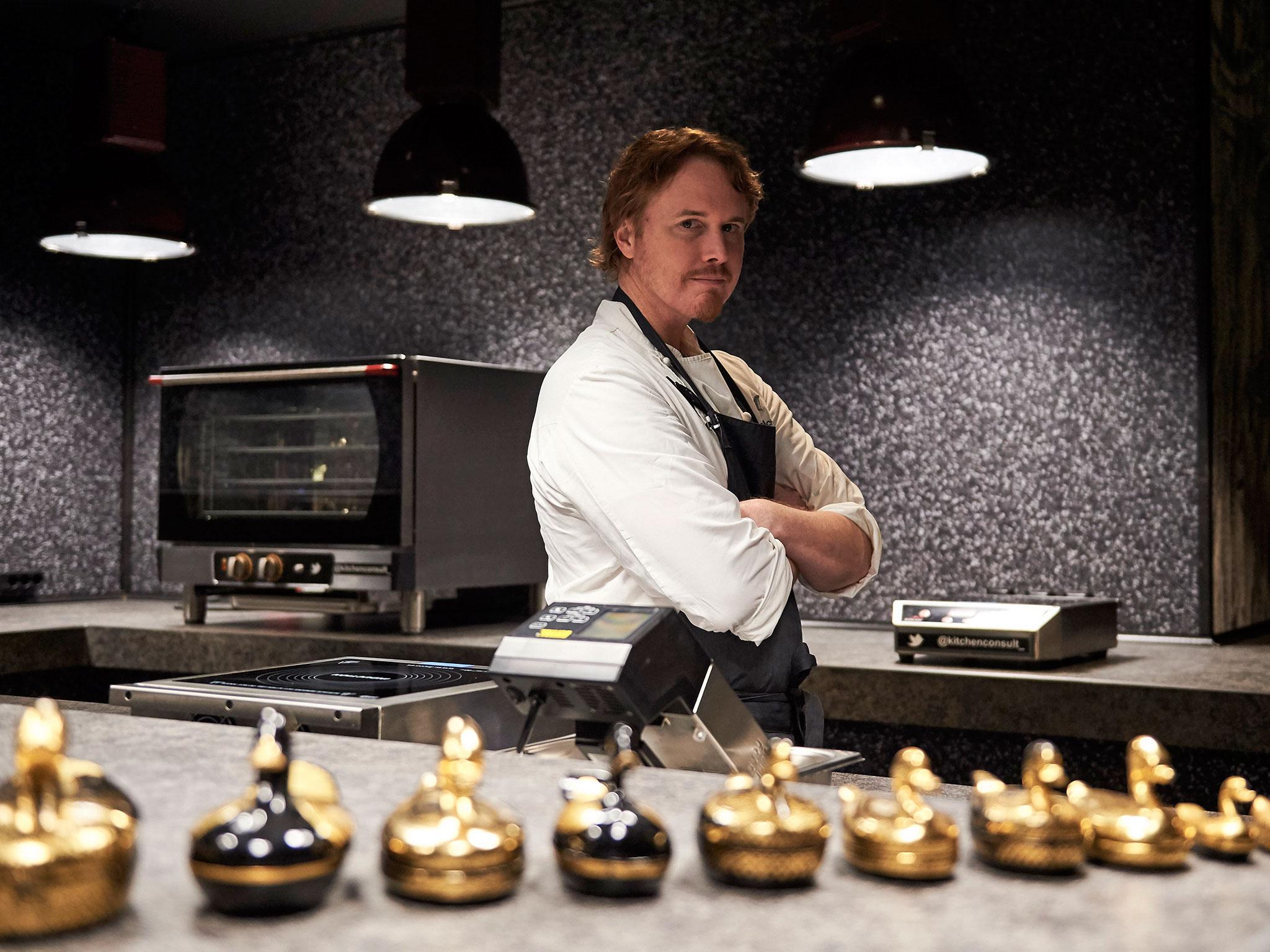What it is like to be a chef who can't smell
Chef Adam Cole has spoken publicy for the first time about rising through the kitchen ranks while hiding the fact that he cannot smell

Strip back the daunting terminology and formalities, and delicious food simply comes down to pleasing the senses by creating dishes that smell, taste and look stunning.
It is easy to understand, then, why chef Adam Cole hid the fact that he could not smell for a decade, for fear he would never be hired.
The inability to smell is known as anosmia. And as 80 per cent of the flavour of food comes from the smell, those with the condition often take little interest in eating.
But not Cole. Despite being born without a sense of smell, he has worked with Top Chef winner Michael Voltaggio and Spanish-American chef José Andrés. He is now the executive chef and pitmaster of Maple Block Meat Co. in Culver City California.

In an interview with the food website Lucky Peach, Cole spoke publicly for the first time about his condition.
Cole explained that he can distinguish between sweet, sour, salty, bitter, and the recently discovered “fifth taste” umami. However, he struggles to identify strong-smelling foods and flavours such as truffles, parsley and tarragon. Instead, he must use them by carefully learning techniques.
Advised by a cookery school teacher to keep his condition under wraps in case it put off head chefs, Cole was forced to reveal he couldn’t smell when there was an issue with the meat-packing machine in Voltaggio's kitchen.
“That was my breaking point, the moment I had to tell my chef,” he said, recalling the moment he had to reveal his 10-year secret.
“Some of the ribs were rotten and some were not, and the only way to tell was to smell them. They were very expensive wagyu ribs, and I wasn’t just going to throw them away. The last thing I would ever do is serve bad food," he said.
But Cole isn’t the first chef to struggle with his senses. Grant Achatz, one of the pioneers of molecular gastronomy, lost his taste in 2007 after he was diagnosed with stage 4 tongue cancer, according to the NPR news website.
Describing the moment he lost his sense of taste, he said: “I grabbed a pinch of salt, put it directly on my tongue, and it tasted—no, felt—like slowly dissolving sand.

“And just like that my sense of taste was gone. It felt like one day it was there, the next it had vanished completely,” said.
Having undergone chemotherapy and saved his tongue, Achatz gradually regained his taste and, despite some unpleasant side-effects, is back in the kitchen.
Join our commenting forum
Join thought-provoking conversations, follow other Independent readers and see their replies
Comments